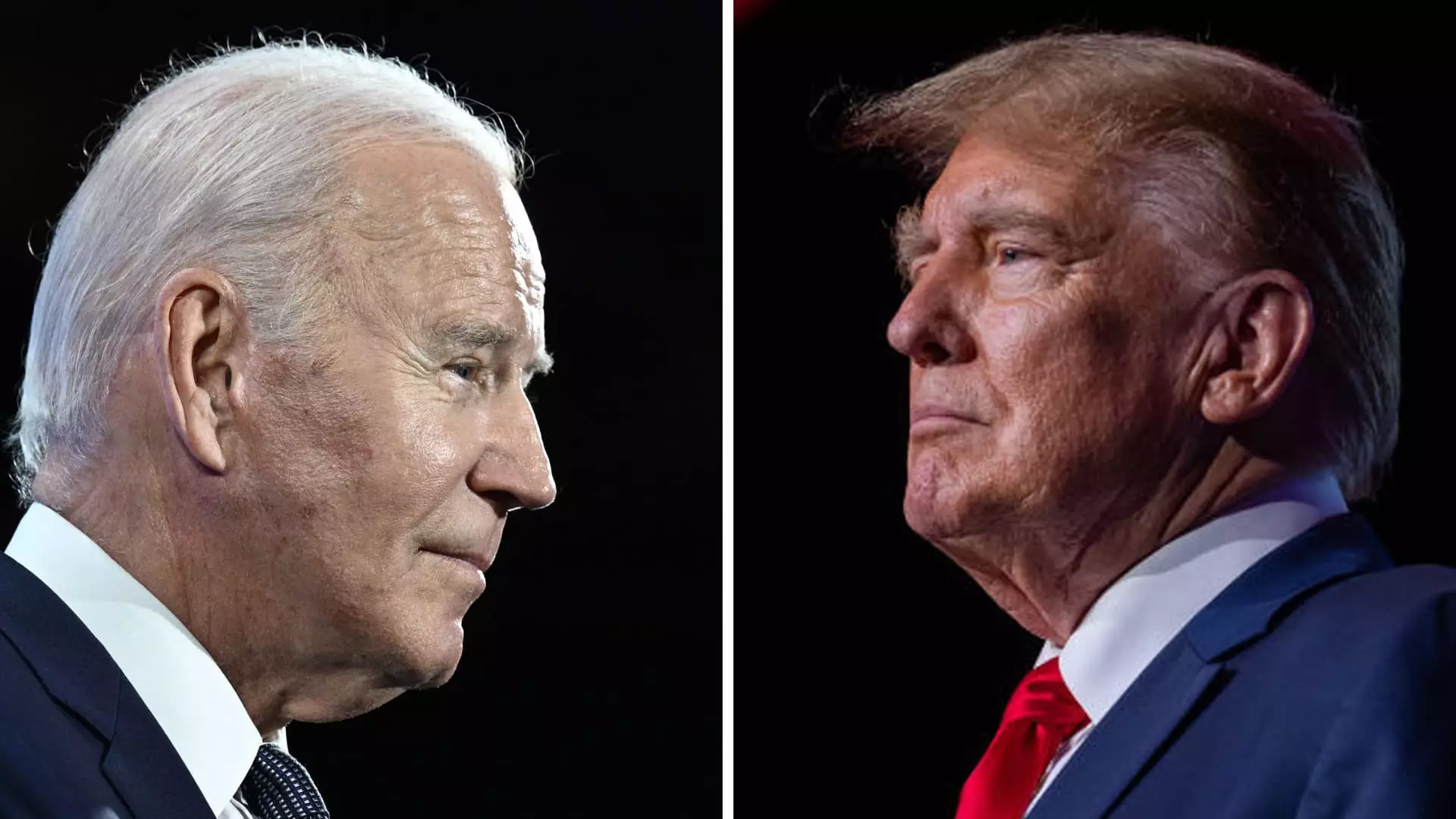President Joe Biden and former President Donald Trump are gearing up for the first presidential debate of the 2024 general election. One of the key topics that experts believe will take center stage during this debate is tax policy. Both candidates will have the opportunity to showcase their stance on tax-related issues, particularly the Republicans’ expiring tax breaks established through the Tax Cuts and Jobs Act of 2017 (TCJA).
The TCJA, which introduced several tax breaks such as lower federal income tax brackets and a boosted child tax credit, is set to expire after 2025 if Congress does not take action. According to the Tax Foundation, more than 60% of tax filers could potentially face increased taxes in 2026 if the TCJA provisions are not extended. This raises questions about the financial implications and the impact on taxpayers.
Biden’s Tax Agenda
President Biden’s proposed tax agenda primarily focuses on taxing the ultra-wealthy and corporations to fund TCJA extensions for individuals earning less than $400,000. His plan includes increasing the top individual income tax rate on earnings above $400,000, revising capital gains tax rates, and implementing a 25% minimum tax on wealth exceeding $100 million. However, the feasibility of these proposals remains uncertain given the current political landscape and the need for Congressional approval.
Former President Trump, on the other hand, has expressed his intent to fully extend the expiring TCJA provisions. He has also shown support for tariffs as a means of generating revenue, proposing the elimination of income taxes on workers’ tips and advocating for an “all tariff policy.” Trump’s approach to tax policies is viewed as more unconventional compared to Biden’s, making him a “wild card” in the upcoming debate in terms of clarity and consistency in his proposals.
Both candidates have endorsed tariffs to varying degrees, with Trump implementing tariffs on countries like China, Mexico, and the European Union during his presidency. These tariffs have continued under the Biden administration, sparking debates on the economic repercussions of such policies. Economists argue that tariffs could potentially harm American businesses by increasing input costs and creating a disadvantage for firms competing globally.
As the 2024 presidential debate approaches, the discussion on tax policies is expected to take center stage, giving voters insights into the candidates’ economic strategies. Biden and Trump’s contrasting approaches to tax reform, particularly in relation to the TCJA and tariffs, will be scrutinized by experts and the public alike. The debate will serve as a critical moment for evaluating the candidates’ fiscal plans and their impact on the economy in the years to come.

